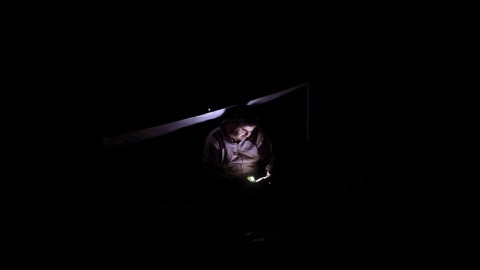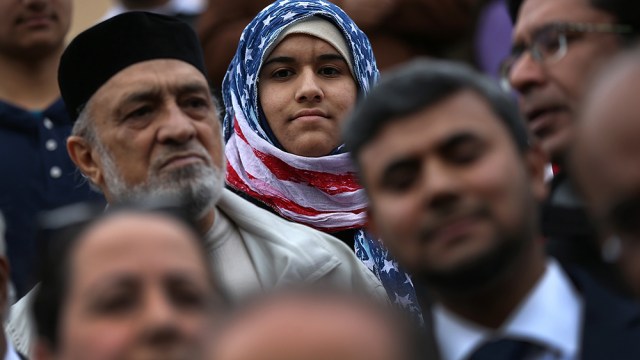WhatsApp Just Made Encrypted Messaging Popular

WhatsApp has joined Telegram, TextSecure, and many other secure messaging apps, enabling end-to-end encryption when sending texts and multimedia messages.
This decision marks an amazing occasion: an encrypted messenger just became one of the most popular ways to communicate. Overnight its 1 billion worldwide monthly active users’ communications “went dark”–out of the reach of any prying eyes. Messages between users began being encrypted, meaning no one—not even WhatsApp—could read the contents of a message if they wanted. The message stays between you and the intended recipient.
“End-to-end encryption helps make communication via WhatsApp private – sort of like a face-to-face conversation,” WhatsApp founders Jan Koum and Brian Acton wrote in a statement.
Now picture, video, and text messages will be encrypted between WhatsApp users automatically, provided they have latest version of the app on their phone.
The move shows just how much defaults rule our world. After all, many Americans’ want to decide the level of privacy their comfortable with on the internet, but most don’t know how to attain it. Computer security guru Bruce Schneier hit the nail on the head when he wrote, “Encryption works best if it’s ubiquitous and automatic. The two forms of encryption you use most often — HTTPS URLs on your browser, and the handset-to-tower link for your cellphone calls — work so well because you don’t even know they’re there.”
Encryption–what helps our digital lives stay private and secure–should be seamlessly embedded into our software. Users shouldn’t have to download special apps in order to have a private conversation, and WhatsApp’s founders understand that desire on a personal level.
“The desire to protect people’s private communication is one of the core beliefs we have at WhatsApp, and for me, it’s personal,” they wrote. “I grew up in the USSR during communist rule and the fact that people couldn’t speak freely is one of the reasons my family moved to the United States.”
This month more than a billion people will be communicating to one another over WhatsApp, sending secure, private messages to one another. They will be speaking to one another as if they were behind closed doors, talking face-to-face. Shouldn’t all communication feel this way?
***
Photo Credit: Justin Sullivan/Getty Images
Natalie has been writing professionally for about 6 years. After graduating from Ithaca College with a degree in Feature Writing, she snagged a job at PCMag.com where she had the opportunity to review all the latest consumer gadgets. Since then she has become a writer for hire, freelancing for various websites. In her spare time, you may find her riding her motorcycle, reading YA novels, hiking, or playing video games. Follow her on Twitter: @nat_schumaker





